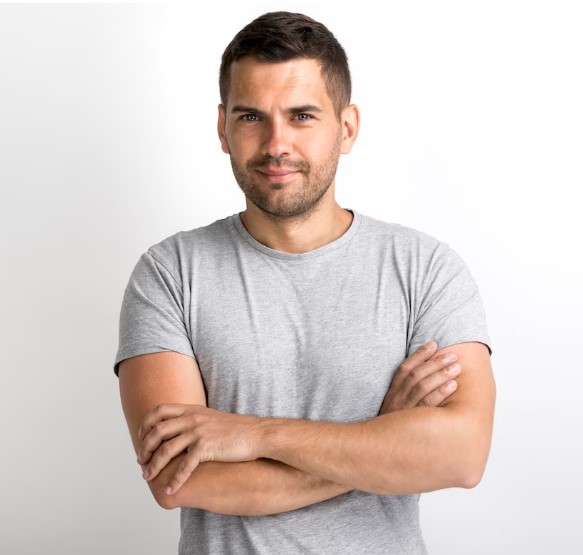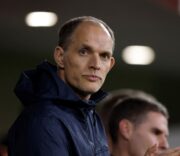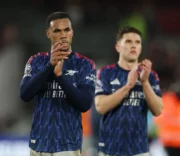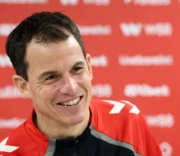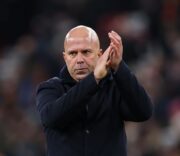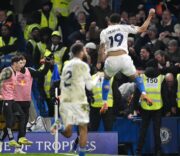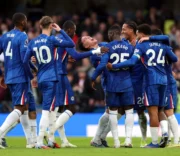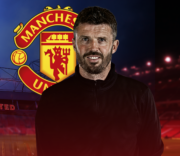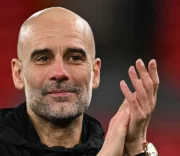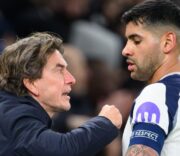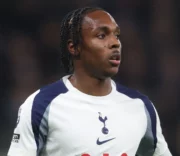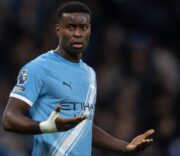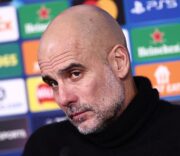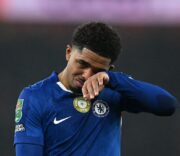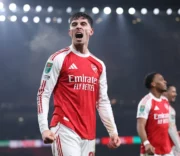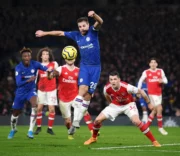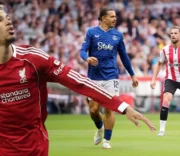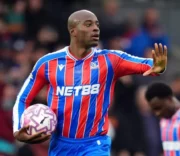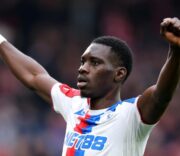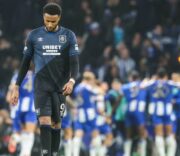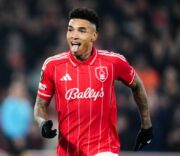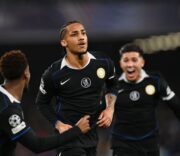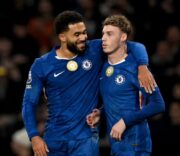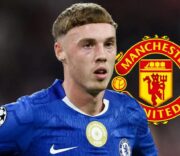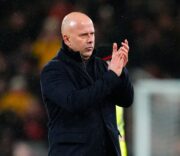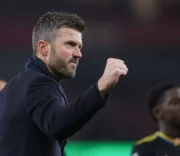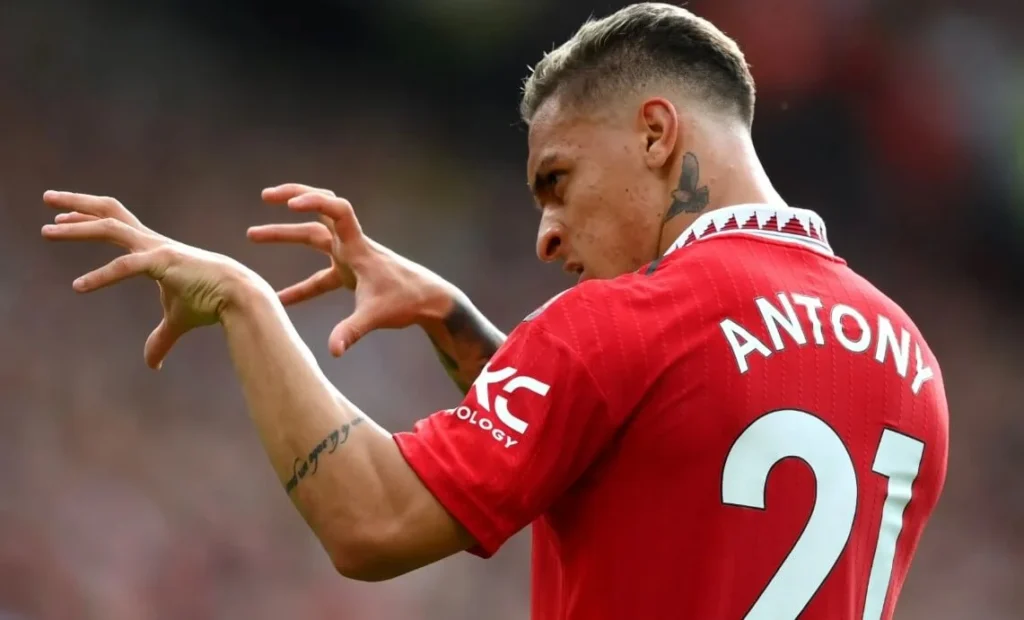
In the vast and tumultuous arena of football, where clubs are frequently in the spotlight for their on-field exploits, Manchester United finds itself grappling with off-field controversies. Recently, allegations have surfaced against their star forward, Antony, thrusting both the player and the club into uncharted territories of public scrutiny and judgment. Gabriela Cavallin, Antony’s former partner, has accused him of repeated acts of physical aggression since the dawn of the year. This revelation, subsequently reported to the Greater Manchester Police, has set off a chain of events that has captivated the attention of fans, media, and football experts worldwide.
While Antony has been resolute in his denials, releasing multiple statements to clear his name, Manchester United, with its global reputation at stake, has been measured in its response. The club acknowledges the gravity of the allegations and has shown a commitment to due process, underlining the importance of handling such matters with utmost sensitivity. Their stance reflects the broader conversation in society about taking accusations of abuse seriously, ensuring a thorough and unbiased investigation, and supporting survivors while maintaining the presumption of innocence for the accused.
The Allegations: A Brief Overview
The crux of the matter revolves around allegations made by Gabriela Cavallin, Antony’s former girlfriend. She accuses the forward of physically assaulting her multiple times since the beginning of the year. These allegations, which have caught international attention, were first reported to Greater Manchester Police (GMP) in January.
“Manchester United acknowledges the allegations made against Antony and notes that the police are conducting enquiries,” – Manchester United’s Official Statement.
The Media’s Role
Brazilian media outlet UOL took center stage when they released new claims made by Gabriela Cavallin this past Monday. The constant media spotlight has intensified the scrutiny, drawing varied reactions from fans, experts, and fellow players.
Antony’s Response
Since the allegations surfaced, Antony has been vocal in denying them. In June, he took to social media, particularly Instagram, to assert that he had been wrongfully accused by Ms. Cavallin.
“I can say with confidence that accusations are false and that the evidence already produced show that I am innocent of the accusations made. My relationship with Ms Gabriela was tumultuous, with verbal offences from both sides, but I never practiced any physical aggression. I trust that the ongoing police investigations will demonstrate the truth about my innocence.” – Antony’s Statement on Social Media.
Following the recent claims, Antony reaffirmed his stance, emphasizing his trust in the ongoing police investigations to unveil the truth.
Club and Police Involvement
| Party Involved | Stance/Action |
| Manchester United | Taking the matter seriously; awaiting further information from the police before making additional comments |
| Greater Manchester Police | Conducting inquiries; released an official statement noting awareness of the allegations |
Implications for Antony’s Career
The allegations have undoubtedly affected Antony’s professional life. The Brazilian FA made a significant move when it decided to drop Antony from the squad for the World Cup qualifiers in September against Bolivia and Peru. Manchester City’s forward, Gabriel Jesus, is set to replace him.
Beyond the Pitch: The Wider Implications
While the direct fallout of such accusations is immediately palpable, it’s pivotal to understand the broader ramifications they carry. Whether the allegations hold water or not, they underscore a larger societal issue: the urgency to address and combat domestic abuse. The onus doesn’t merely fall on sports bodies; it’s a collective responsibility. Clubs, federations, and the larger community must rally together, fostering an environment where safety is paramount and open dialogues about such critical issues are encouraged. In light of these claims, prominent figures in the sporting world have rallied behind abuse survivors, stressing the necessity for thorough inquiries and unbiased evaluations.
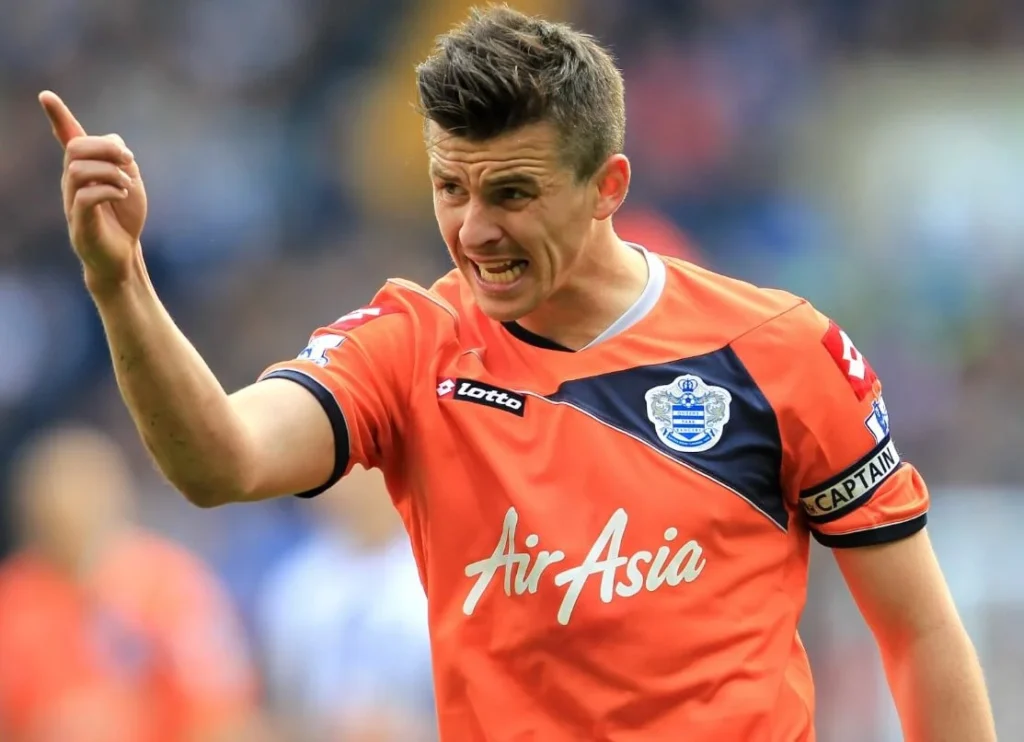
The Shadow Over The Pitch: Football’s Moments of Off-Field Infamy
Let’s delve into three such notorious incidents:
- Joey Barton – The Firebrand Midfielder: Joey Barton, an undeniably talented English midfielder, has, unfortunately, garnered headlines as much for his off-field brawls as for his on-pitch prowess. The 2008 incident in Liverpool remains a significant blot on his record, leading to his incarceration for assault. Additionally, his temperament has frequently been the subject of debate, given the multiple on-pitch confrontations he’s instigated with opponents.
- Eric Cantona – A Kick Beyond The Ball: In a moment that left fans and pundits aghast, Eric Cantona, Manchester United’s mercurial Frenchman, aimed a shocking kung-fu kick at a spectator during a 1995 game against Crystal Palace. Following his expulsion from the match, Cantona’s impulsive reaction earned him an extensive ban from the FA, tainting an otherwise illustrious career.
- Bruno Fernandes de Souza – A Life Off The Rails: Perhaps the darkest chapter in the annals of football-related misdemeanors is the conviction of Brazilian shot-stopper Bruno Fernandes de Souza. Accused and later convicted of orchestrating the murder of his former partner, Bruno’s subsequent partial prison term and controversial return to professional play ignited fierce debate about ethics in sport and player rehabilitation.
While these instances underscore the fallibility of football icons, they also serve as crucial lessons on the need for holistic player development, emphasizing both mental wellness and ethical decision-making alongside physical training.

